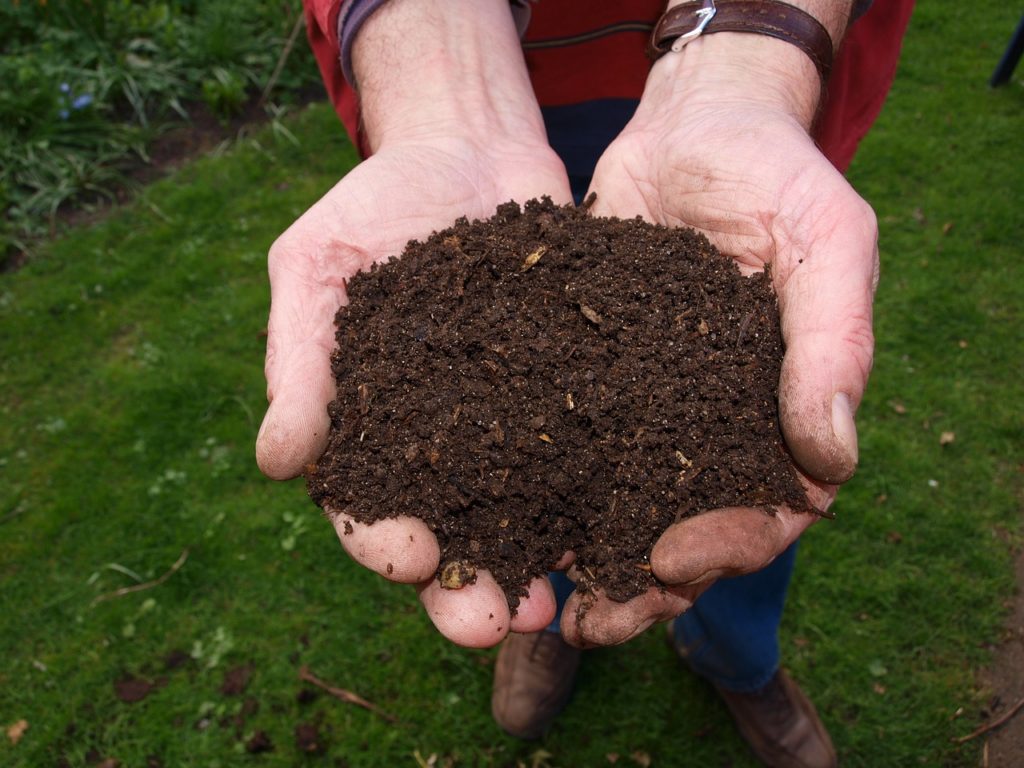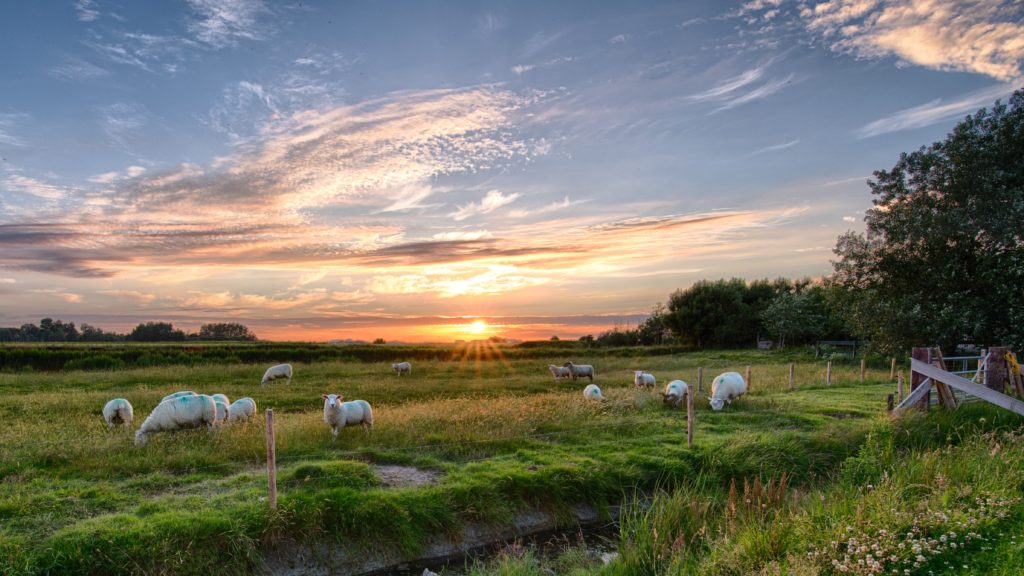Compost Training
Compost…”The Good, The Bad, and The Ugly”
The microbes Have It
The key to the quality of good compost is the number, diversity and proportions of different aerobic microorganisms present. While “compost” is readily available, really good compost containing the right biology is difficult to find. In order to differentiate the bad and the run of the mill from the really good compost, we term the latter, “BioComplete™” compost. In order to attain this mark of excellence defined by Dr Elaine Ingham, compost needs to meet standard criteria for bacteria, fungi, oomycetes, protozoa, actinobacteria and nematodes and their relationship to each other.
Compost analysis should measure the specific microorganisms in your compost. These values determine its quality and worth. This type of analysis is important for all types of compost: thermophilic, vermicompost, as well as compost extracts and teas.
Comparing the amounts and diversity of microorganisms in your compost to standardized parameters is critical. These values determine compost’s suitability, value, and optimum application rate.
By accurately analyzing the quantity and diversity of microbes, as well as selection and amounts of raw ingredients and managment of the compost we can help you produce good, Biocomplete compost. maximize your compost. Specifically, we are looking mainly for number and types of bacteria, fungi, nematodes, oomycetes, protozoa, and actinobacteria.
You can only manage what you measure. Therefore, a quantitative assessment provides you a powerful tool to help your operation, whatever size or scale.
We can also assist you if you would like to learn how you can produce Biocomplete™ Compost. This is a vital means of bringing life and health back to your soil so your plants can truly flourish.

“We abuse land because we regard it as a commodity belonging to us. When we see land as a community to which we belong, we may begin to use it with love and respect.”
- Aldo Leopold, 1949. A Sand County almanac.

Let's Build Our Soil and Renew Our Environment
Signup to receive updates and receive 25% off your initial order. We hate SPAM as much as you do and will never sell your information to anyone!
Thank you!
You have successfully joined our subscriber list.
